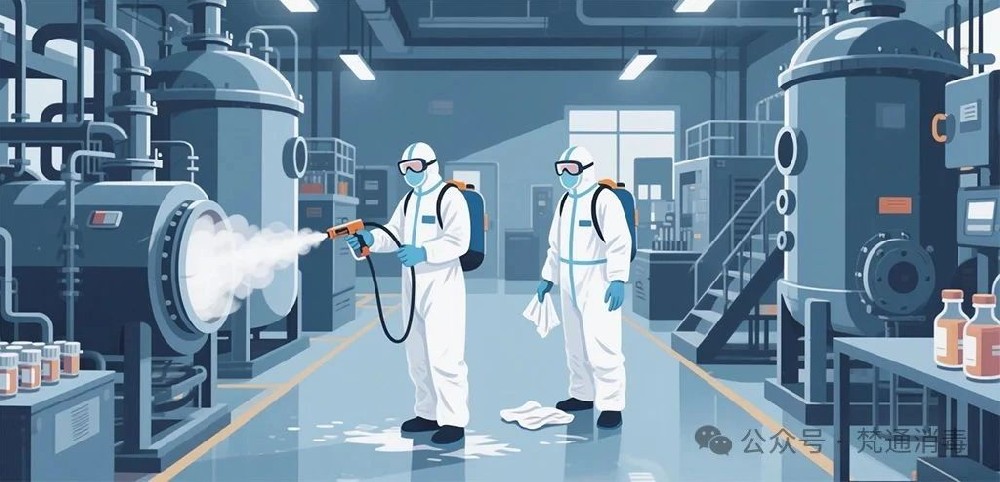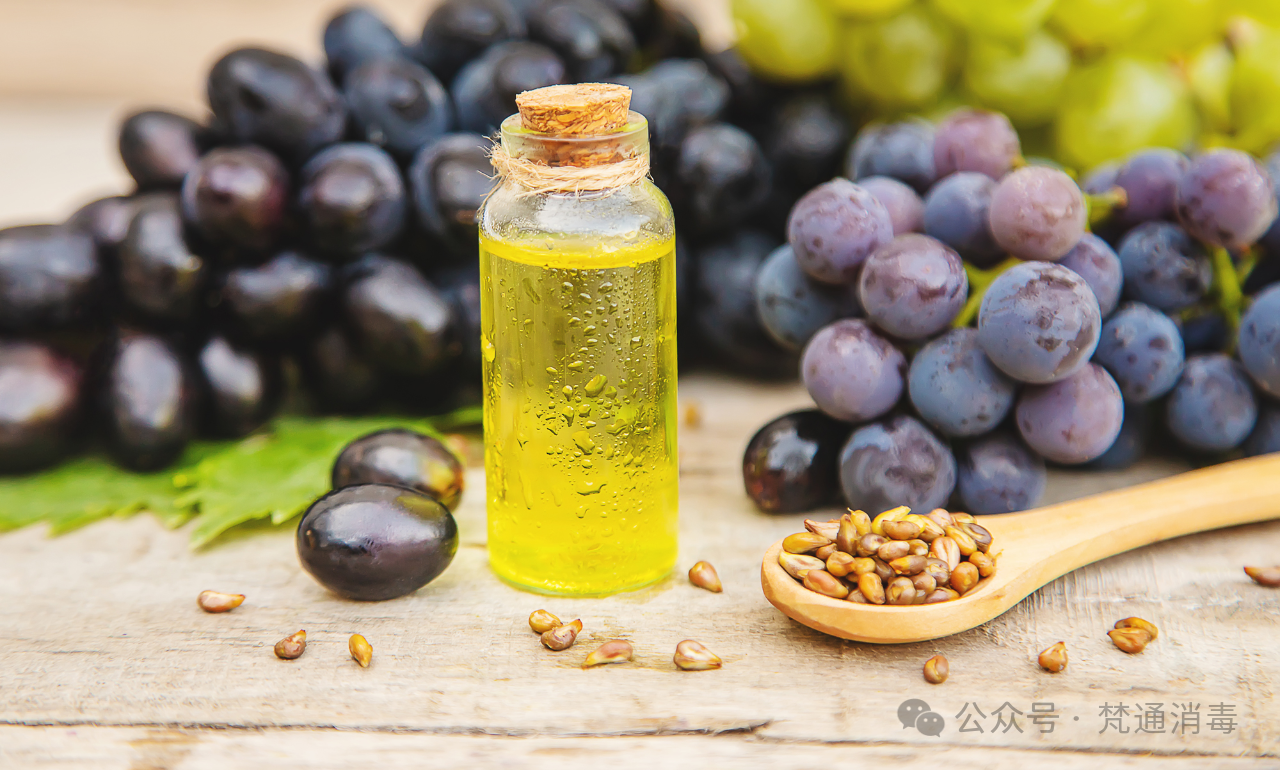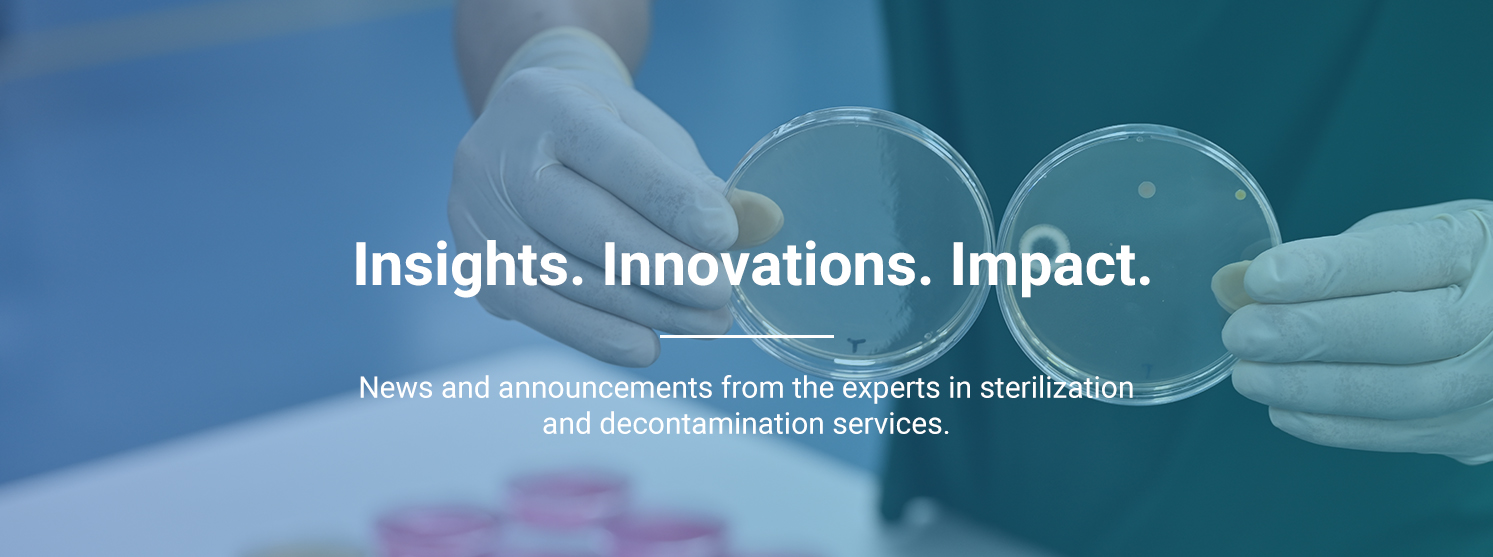Biological disinfection factors – phenolic compounds | pharmaceutical factory disinfection laboratory disinfection medical disinfection services
- Addtime: 2025-07-25 / View: 218
Disinfection knowledge explanation series
Chemical disinfection factors – phenolic compounds
In the world of biological disinfection, phenolic compounds are like a group of fearless pioneers, with their unique antibacterial ability, they occupy an important position in the field of disinfection. Among them, simple phenols and polyphenols have their own characteristics, and together they protect our health.

Simple phenol is a “basic attacker” among phenolic compounds. Take phenol as an example. It can denature bacterial cell proteins and destroy the normal physiological functions of bacteria, thereby achieving the purpose of sterilization and disinfection. As early as the early days of medical development, phenol has already emerged. It has been used for surgical disinfection, greatly reducing the postoperative infection rate and laying the foundation for the safe implementation of modern surgical operations. Today, simple phenol still plays an important role in sewage treatment. It can effectively inhibit the growth of harmful microorganisms in water and purify water quality. In the industrial field, it is also often used to disinfect some equipment and working environments to maintain the hygiene and safety of the production environment.
Polyphenols are the “all-round players” in the disinfection industry. Tea polyphenols and gallic acid, which we are familiar with, not only have excellent antioxidant properties, but also excel in antibacterial performance. Tea polyphenols interact with bacterial cell membranes, change the structure and function of cell membranes, prevent bacteria from obtaining nutrients, and restrict their growth and reproduction. In the food industry, tea polyphenols are often used as natural preservatives, which can not only extend the shelf life of food, but also inhibit the growth of harmful microorganisms in food; in daily chemical products, skin care products containing polyphenols can help resist bacterial invasion of the skin, while playing an antioxidant and anti-aging role. In addition, polyphenols are also used in the agricultural field. They can be used to preserve fruits and vegetables, reduce the invasion of microorganisms on agricultural products, and ensure the quality of agricultural products.

However, although phenolic compounds are powerful, they should be used with caution. Phenolic substances are toxic to a certain extent, and the concentration should be strictly controlled when used to avoid adverse effects on the human body and the environment; at the same time, some phenolic compounds have a special odor, so attention should be paid to ventilation during use. Only by correctly understanding and rationally using these “phenolic” pioneers can they fully play the role of biological disinfection and provide a more solid guarantee for our lives and health.












